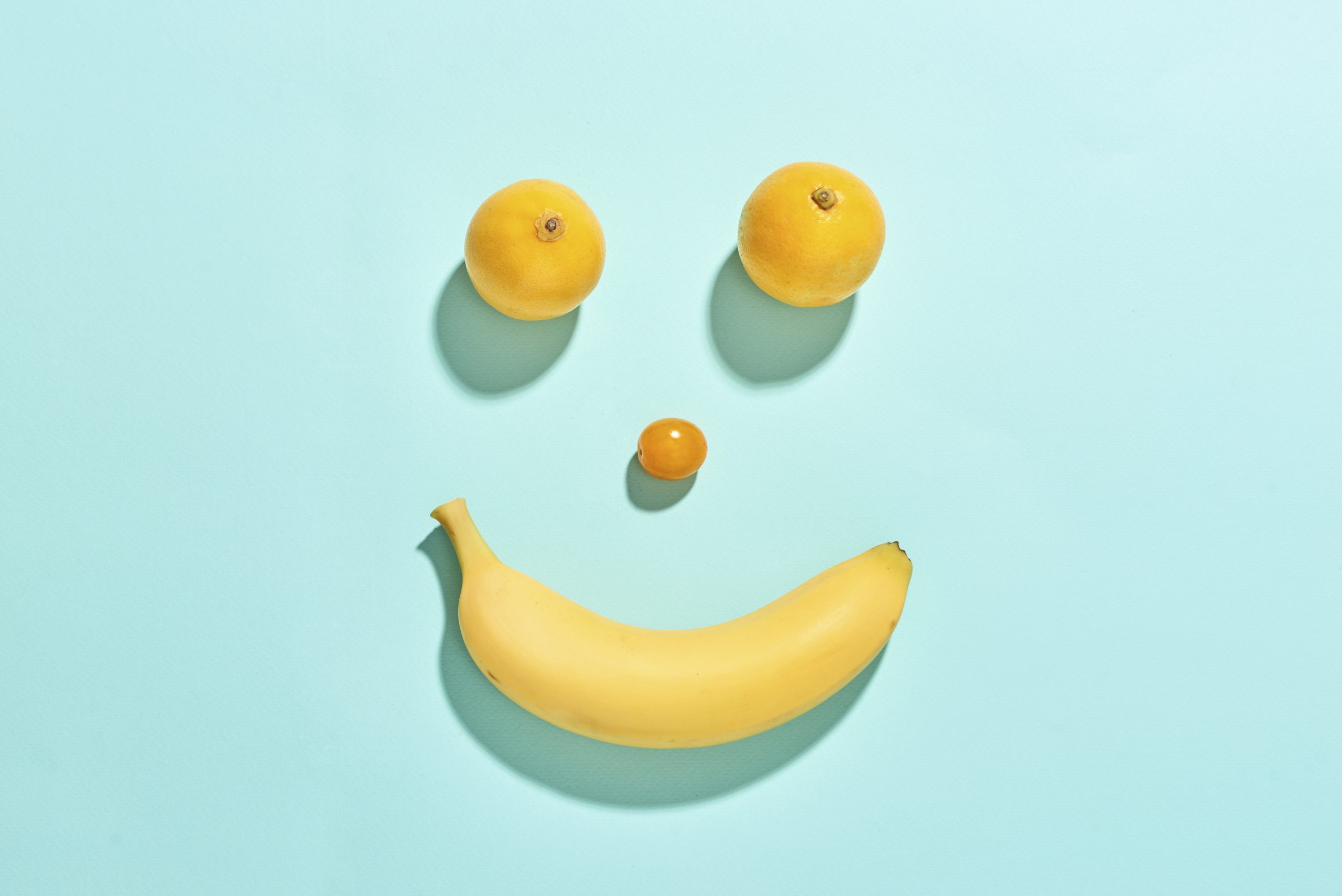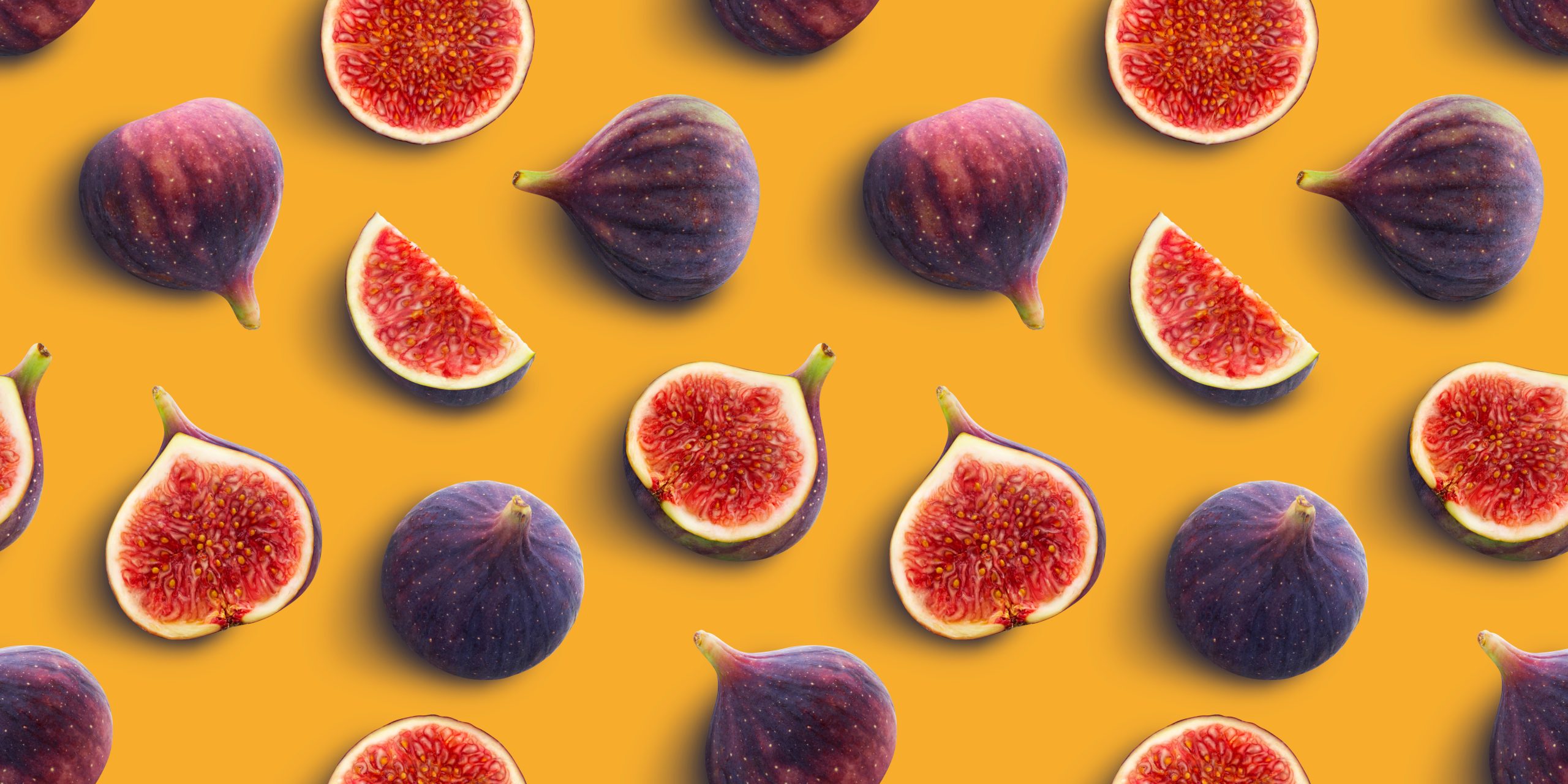Now that THRIVE month has come to a close I wanted to share one more post about the connection between mental health, because without mental health there is no health, and without nutrition there is no mental health.
Let’s throw it back to basics: Some Nutrition 101. Nutritious food is absolutely vital in everyone’s daily life!
Nutritious food ...
- Gives us energy to get us through our day
- Fuels our body – providing building blocks for bones, muscles, hair, nails and skin
- Fuels our mind – boosting mood, energy, focus, memory and wellbeing
- Supports our immune function
- Prevents and manages chronic disease, and impacts our quality of life.
Food is also integral to social and cultural inclusion, traditions, heritage, and creativity.
What we drink is also important, as non-sugar-sweetened beverages (such as water) ...
- Help move nutrients and waste through the body
- Keeps blood pressure normal
- Protects and cushion joints and organs
- Controls body temperature
However, did you know that how you eat can impact your ...
1. Mood
Being dehydrated and/or ‘hangry’ can impact your mood and make you irritable.
2. Energy levels
Glucose is the preferred source of fuel for the brain. And having energy helps you focus and enhances your cognition.
3. Ability to cope with stress
Restricting food may alter cortisol secretion; cortisol is a hormone secreted in response to stress.
4. Risk of chronic disease
Antioxidants minimize oxidative stress; oxidative stress leads to DNA damage which can lead to chronic disease.
So, eating to get enough nutrition to help support your mental health ... how do you do it? By eating a variety of nourishing food throughout the day and week, you can meet your nutrient needs to support mental and physical health. Canada’s Food Guide is a tool that so much research has gone into in order to shows us how to eat healthy, balanced meals.
Healthy eating is more than just the food you eat. It is also how, when, where, and why you eat. Canada’s food guide lays this out in more detail if you visit their website. Being mindful of your eating habits, enjoying your food, using food labels to help you make choices when purchasing food, limiting ultra-processed foods, being aware of food marketing’s influence on our food choices, and also cooking more often and eating meals with others.
However, there are so many challenges to eating healthy, especially in 2020. Here are some ideas. Hopefully one or two are something you would consider implementing before 2020 is out!
| Challenges to Healthy Eating | Solutions to Healthy Eating |
|---|---|
| Time | Meal plan (make it yourself, or use an online option) Prep your food in advance |
| Effort | - Become an efficient grocery shopper, or grocery shop online - Keep your pantry stocked with easy-to-grab options |
| Cost | - Make food at home instead of getting food from restaurants or fast food chains - Check the unit price at the grocery store - These tips do not take into account Food Security. To learn more about food security see here |
| Food Skills | - Label read to compare products to help make the healthier choice - Learn how to use kitchen tools that you haven’t used before by watching YouTube videos or asking friends/family, or find hacks to make prep in the kitchen easier |
| Prevalence of nutrition mis-information | - Choose information from Registered Dietitians - Unlockfood.ca - Health Canada - Healthlink BC |
So, let’s THRIVE by eating well! When you eat well and have energy you are better able to take on the day’s tasks, and are more prepared to navigate unknown stressors that come your way!
To end this post I want to reflect back on THRIVE month and the THRIVE 5, which are the 5 ways research shows us that we can promote a healthy mind, we begin to realize they are all interconnected:
Moving More
Food is an important key in fueling and refueling our bodies before and after exercise.
Sleeping Soundly
Caffeine, alcohol, and hunger can all affect sleep.
Giving Back
Not knowing where your next meal is coming (food insecurity) from can really impact your sense of wellbeing and overall nutrition status. The Student Union Pantry on campus is an example of emergency food support. (To learn more about food security see UBC’s Food Security Initiative website here).
Saying Hi
Cooking or sharing a meal over zoom or within your bubble to spend time together. And of course ...
Eating Well!
Connect with us!
UBC’s Registered Dietitians are here to help. And for nutrition tips, recipes, and more, visit the UBCO Food Services Nutrition Blog.
For more information about mindful eating while studying and working from home, visit our blog post here!








